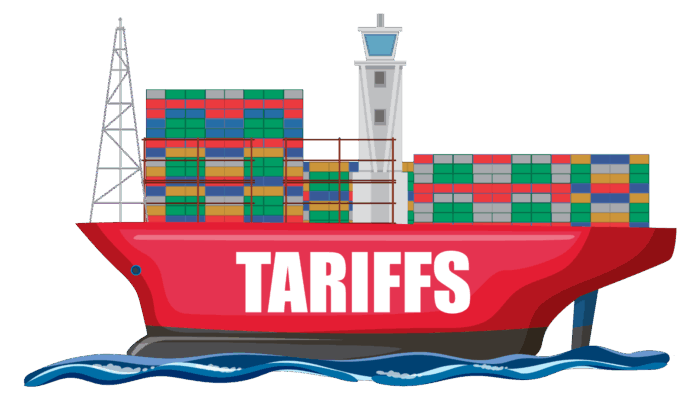Early predictions of the global impact of the Coronavirus on business centered around manufacturing in China and the delay in distribution of products across the globe. As the virus is spreading globally, its impact has evolved from supply chain issues to a shift in consumer behavior as well as the mandatory closure of “social hubs” and banning of events in many countries. Consider the following:
According to Bloomberg: “Amazon.com Inc.’s Prime Now and Amazon Fresh delivery services have been overwhelmed by demand, a sign that virus-spooked shoppers are turning to the world’s largest online retailer to avoid going to brick-and-mortar stores.”
The Wall Street Journal reports that airport retail stores, which can represent a substantial portion of a brand’s global sales, “are being pummeled since the coronavirus outbreak began, as foot traffic drops at airports popular with international tourists. Airport retail at some of the major Asian hubs has tumbled 60% to 70%.” As this market is known for its duty free shopping sprees, there will be a rippled down effect, especially for luxury and cosmetic brands. In fact brands such as Estée Lauder sell more at major airports than in North American department stores.
And even at brands headquarters, the impact on individuals is being felt. Nike and REI both recently shuttered their corporate campuses for deep cleaning due to nearby reports of the virus.
Meanwhile, in the UK The Guardian reported that “24% of British retailers – ranging from food and fashion to health and beauty – said supply chain disruption was having a significant impact on their business. However, only 7% said they had enough flexibility in their supply chain to be able to switch suppliers.”
To respond to this global crisis and shift in consumer behavior, retailers can leverage order management best practices to get products to consumers when and how they want to receive them. Here are some ways to keep your business viable during the crisis.
Accept backorders of products that are temporarily out of stock
It may not be your current policy to accept backorders for out of stock items for a variety of reasons. But you may want to reconsider as the virus has a continued impact on global distribution. If an item is out of stock and you don’t list it on your website, you’re losing a sale. If you can take a back order and include a message about when it’s likely to be fulfilled, you’ll hold on to a customer you might otherwise lose. The level of effort required here will be determined by the quality of your Order Management System (OMS). Ideally this should be a simple change in workflow, not a major development effort.
Quickly add alternate drop ship vendors to your fulfillment network
There are ways to remain agile beyond your current fulfillment network. Consider adding new Drop Ship Vendors (DSVs) who can handle the fulfillment without impact on your current distribution centers or store network. Of course, you’ll need the ability to track and manage this through your OMS so be sure it’s set up to easily scale when needed.
Control quickly and easily how much stock is sent to locations affected by stores closures and absent staff
On the flip side, you can also temporarily change how much stock is sent to locations that might be impacted by the virus and the measures put in place to slow its spread. For example, a location may have reduced capacity because of too many absent staff. This doesn’t need to involve a permanent change to your fulfillment strategy. Adjusting volumes sent to each location should be a simple function of your OMS.
Tweak your fulfillment biases to account for the spread of out of stocks on high volume items
When it’s business as usual, if an item is out of stock at one store, you might ship it from the nearest store. But a virus or other natural disaster is different.
Often there’s a surge in in-store foot traffic for high volume items. Once stock has run out, customers will travel to nearby locations. So rather than shipping from nearby stores that may also see a spike in demand, you may want to adjust your fulfillment rules. Have online orders shipped from locations further away instead. That way, you can be in-stock more often to meet local in-store demand.
On the other hand, if you are a retailer trading in non-essentials and are seeing a drop in foot traffic and in store sales, now is the time to fulfill online orders from stores that are struggling to shift their stock. This way you can move more inventory and meet increased demand online at the same time.
In Conclusion
Remember, the Coronavirus, like any other virus, has a lifecycle. This is not a permanent state of affairs. It’s a serious, but temporary crisis. Proactive retailers will need flexible systems that are easy to change and can automate optimal order routing. Success will depend on the agility and scalability of your systems.
For more information on how Fluent Order Management can help you adapt quickly to rapid market changes, Request a Demo today.




